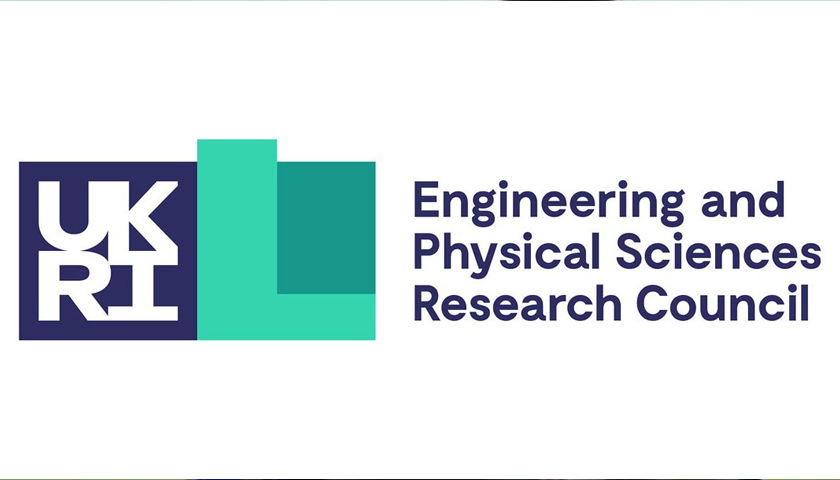Experts are launching a major research programme that aims to reduce acts of violence against women and children (VAW/C) in six countries across the Global South – boosting long-term health and security.
Researchers will work with survivors of VAW/C in South Africa, Mexico, Peru, India, Brazil, and Sri Lanka to produce trauma-informed research that will help to better prevent violence and build local research capacity.
VAW/C affects one in three women and around one billion children worldwide, with devastating effects on people’s physical and mental wellbeing.
Backed by £3 million of NIHR Global Health Programme funding, an international team, led by experts at the University of Birmingham, will address the issues by working in five key areas:
- Community engagement and involvement – improving understanding of how to involve survivors in research and healthcare decision making
- Understanding the burden – identifying gaps in types of violence captured and groups missing in data collection; analysing impact on marginalised communities
- Estimating economic impacts and social burden – working with survivors and reviewing evidence to make an economic and human rights case for investing in violence prevention
- Influencing interventions and policy – identifying what interventions prevent VAW/C and supporting local evaluations of these actions, and designing new interventions
- Training – sharing expertise and building research capacity
Joht Chandan, Clinical Associate Professor in Public Health at the University of Birmingham, commented: “Violent acts against women and children violate fundamental human rights, leaving survivors scarred and living with long-term negative impacts on their physical, sexual and reproductive, and mental health.
“There are few health issues that are associated with such a substantial financial burden on the globe. Whole societies and economies are affected – increasing demands on overstretched health systems; perpetuating poverty and gender inequality by limiting the educational attainment and economic productivity of the survivor and their family.
“We believe that this programme across five key countries will deliver a significant improvement in understanding the causes and impacts of VAW/C – ultimately helping to improve people’s lives across the Global South.”
There are few health issues that are associated with such a substantial financial burden on society. Violence against Women (excluding VAC) as noted by the United Nations amounts to approximately 2% of the global gross domestic product, equivalent to $1.5 trillion dollars. Participating institutions and researchers are all members of the Lancet Commission – a group made up of policy makers, researchers, and individuals who have experienced violence themselves, many of whom are from low- and middle-income countries (LMICs).
The researchers note that there is a lot of information about preventing VAW/C in high income countries, but not as much in LMICs. This is a problem because it is important to understand country specific context to effectively address the issue.
Given the structure of the Lancet Commission and its impact pathways, project results will be rapidly scalable to help victims of VAW/C in other engaged LMICs such as Uganda, Pakistan, Rwanda, and India.
“The longer we wait to implement evidence-based solutions to VAW/C the untold cost to society, the globe and most importantly to victims/survivors continues to exponentially grow,” added Dr Chandan. “Hence, it is critical now more than ever to dedicate resources to tackling this global challenge.”

